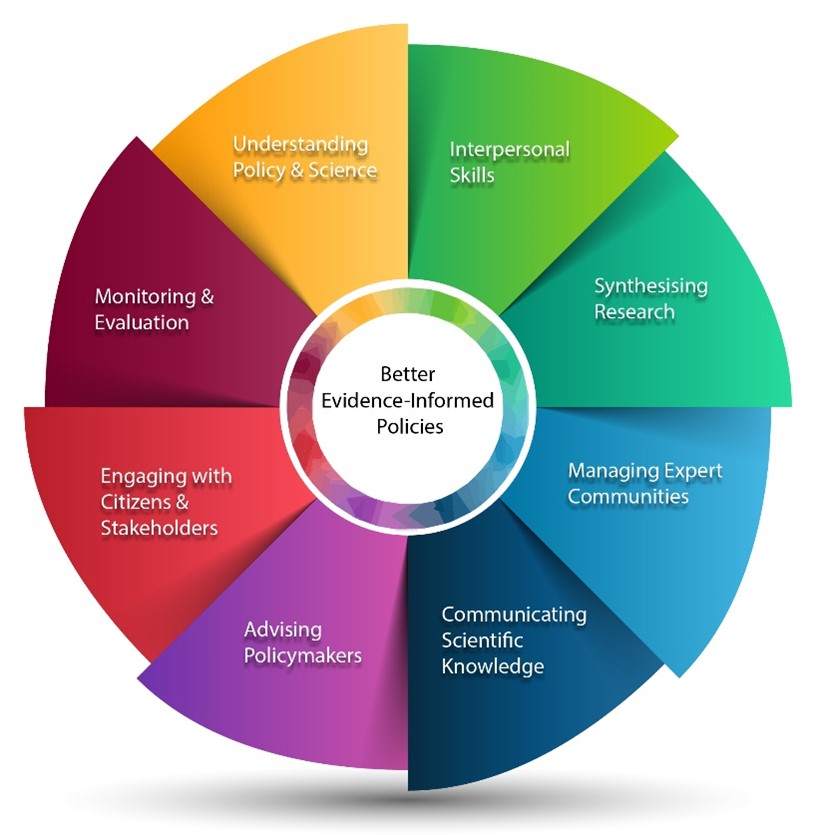Numerous players are being invited to change their perspectives to accelerate the transition to the circular economy. The role of the academic sector in this transition will also require a paradigm shift.
The circular economy has been a fast-growing concept for several years now, both in practice and in academic circles. Although there is as yet no generally agreed definition of the circular economy, it is based on three fundamental principles:
- Preserving and regenerating nature,
- Maximising the use of materials and products,
- Designing out waste and pollution.
A very large number of events are organised at various levels all over the world (the World Circular Economy Forum, the Circular Economy Stakeholder Conference, the Conference of the International Society for the Circular Economy and the Quebec Circular Economy Conference are but a few examples). Platforms (such as the European Circular Economy Stakeholder Platform, the Platform for Accelerating the Circular Economy and Économie Circulaire.org) have been developed to promote the transition, provide resources to accelerate it and present innovative initiatives.
Also, since the circular economy necessitates a systemic shift, these physical and digital spaces also offer opportunities for interactions between players drawn from a wide variety of contexts: companies looking to adopt new ways of working, of course, but also non-profits and cooperatives, the business world and the financial world, various levels of central government, local government, students and academics.
As well as offering updates about the nature and development of the circular economy in the host countries and across the world, these events and platforms are an opportunity for participants to discuss and further their knowledge of the circular economy’s core themes: how process optimisation, eco-design and short circuits can be set up to reduce resource consumption; industrial symbioses and territorial and urban metabolism for rolling out the circular economy in local areas; as well as collaborative consumption, product-service systems, and reconditioning and repair to intensify the use of products and extend their life spans.
The need for change
These discussion fora also invite us to ask what role each participant can play in making the circular economy a reality. Again and again, a central issue comes to the fore: the need for a fundamental change in viewpoint, values and culture.
Firstly, change needs to come within businesses. They are generally invited to recognise the value and potential of these new business models, and also to rethink their definition of growth and their responsibility for managing waste. Citizens need to embrace change too. They are challenged to rewrite their definition of well-being, for example by focusing on the use and repairability of products rather than their ownership and newness.
The financial sector is also encouraged to rethink the way it operates, in particular by developing sustainable finance and ESG (Environmental, Social and Governance) indicators. For their part, governments are invited not only to revise fiscal approaches by developing ecofiscal policies which take into account society’s expectations but also to redefine their standards, firstly to pave the way for the innovation that will support the development of the circular economy, but also and above all to make it an obligation.
In these discussions, insufficient calls are as yet being made on the academic sector. There needs to be more emphasis, firstly, on the role of higher education and high impact research in the development of the circular economy. Secondly, academia needs to make a commitment to public-sector policymakers to communicate this research so that it can be taken into account when policy is decided.
While the former is part of a researcher’s day-to-day work, the latter is far less easy. It requires academics to work at the interface between the authorities and civil society.This is a specific role, and it requires from practitioners and their institutions not only specific skills but also a change in viewpoint.
A new role and new skills for academics
The “science-policy interface” – the current focus of our research – is a particular field of study and work. It is also growing rapidly (especially in Canada), although it has a lower public profile. Numerous authors agree that certain changes will be necessary in academia to develop this new role:
- Recognise that the development of scientific research with a view to participating actively and efficiently in policy development depends on a dynamic and inclusive process of knowledge exchange which is not a part of “traditional” academic work;
- Ensure both researchers and their institutions recognise the value of this specific interface role. In this context, to make efficient use of the knowledge produced by research it is necessary to move beyond the publication of articles in high impact factor journals which are often distributed only within a restricted community;
- And lastly, maintain a degree of humility. Or rather apply to oneself the standard science rightly demands: take a critical approach and recognise the limits and uncertainties that inevitably accompany scientific knowledge. This implies taking into account multiple viewpoints and accepting citizen science.

As well as these changes in perspective, this new interface role will require a collective skills framework, as illustrated by the mapping produced by the European Commission’s science and knowledge service:
The challenges facing our societies today are complex. The development of the circular economy is a perfect example. To successfully meet these challenges, academics will inevitably be called on to work closely with policymakers and communities.
Does this mean that all researchers and all lecturers will now need to work at these interfaces? No, in the same way that it seems evident that it will be impossible for those who want to take on this role to place it alongside their already considerable workload, especially early in their careers. It is therefore up to the entire scientific and academic community to recognise and ascribe value to the whole range of potential actions that modern science can – and indeed should – take to deal with the complex challenges we face today.






